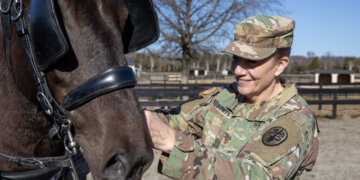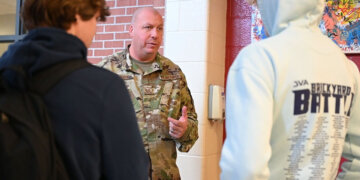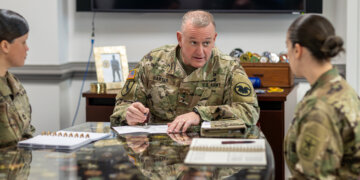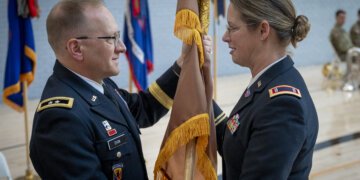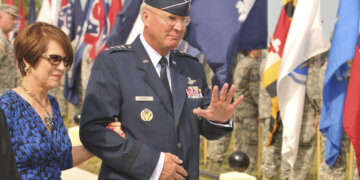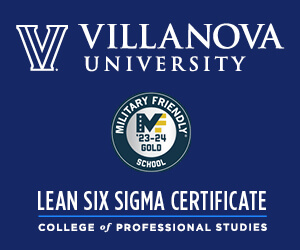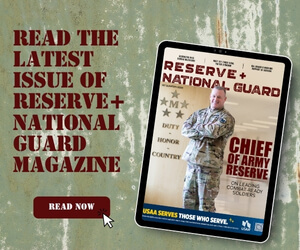To be a successful military recruiter, one has to be available during odd hours, according to Air Force Tech. Sgt. Kyle Hauser.
That means scheduling calls or meetings late into the evenings — often with young professionals working day jobs, or even students at the mercy of parents’ schedules.
But now that the coronavirus pandemic has kept most people at home, Hauser’s job as a line recruiter for the Air Force Reserve in Columbia, South Carolina, is considerably more efficient, he said.
Since replacing face-to-face meetings with online video chats through Zoom, he’s able to spend more time making connections, rather than traveling to them. Family members can listen in on his conversations with students, cutting down on additional meetings to answer parents’ questions. And would-be after-hours meetings with working adults don’t have to be so late in the day.
“Now, they don’t have to miss work. They don’t have to try to commute or take time off,” Hauser said in an interview. “You can eliminate that travel time and satisfy those customers on a lunch break, if they can step away. So, it’s really created a unique way for us, in my opinion, to reach more applicants.”
Many people seem to prefer it, too.
“If I can eliminate those face-to-face things and still give them the information they need to make an educated decision, I think it’s advantageous to all parties involved — myself included,” he said.
Air Force Reserve recruiters like Hauser assessed 7,323 enlisted airmen, 982 line officers, 361 health professionals and 50 chaplains during the last fiscal year, according to figures provided by the Air Force Recruiting Service. Since the start of remote operations in response to COVID-19, there has been a 10% drop in accessions, or the number of applicants that have completed the process and sworn into the service, compared to this time last year.
Hauser said he noticed a lull in his workflow toward the beginning of the COVID-19 crisis and was not permitted to send new recruits through the Military Entry Processing Station in his area for the month of April. But things are gradually returning to normal, and interest has remained steady.
As in previous years, seniors graduating from high school are considering their futures and may look to the military as a way to pay for college, he said. Sudden job losses have also been a motivator behind some leads, particularly among veterans who had already planned to continue serving but had not yet initiated the process.
Hauser said he’s able to complete every step of the process with an applicant without ever having to meet in person, including the oath.
Lt. Col. Olivia Nelson, commander of the 351st Recruiting Squadron, presided over one of Hauser’s virtual ceremonies. She says there are real perks to conducting enlistments via Zoom.
Whereas before, young recruits could invite local family members to watch them swear in, now, for the first time in her career, “they’re able to share that moment with a much larger range of people that are really important to them and that have influenced their values in a way that made them want to serve to begin with,” Nelson said. “Crisis situations are always sort of a great forcing function to help us grow and expand and then we realized that there are these things we wish we had always done or wish we had realized would be a wonderful addition to our toolkit. “
“We’re all figuring out this new normal and what’s best and what’s safest,” Hauser said.
Meanwhile, one thing’s for sure: His toolkit as a recruiter will include virtual options from now on — even after it’s safe to meet with prospective recruits once more.
Read comments


















